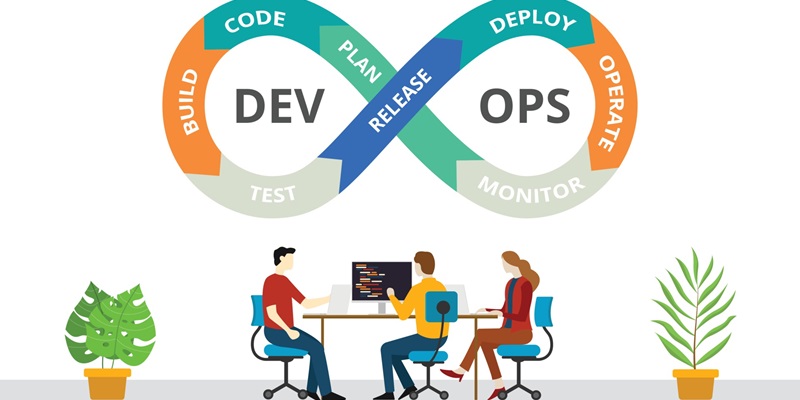In today’s rapidly evolving technological landscape, enterprise software development is undergoing a remarkable transformation. From embracing cutting-edge technologies to prioritizing collaboration, these trends are revolutionizing the way enterprises build, deploy, and manage software solutions. This article explores the key trends reshaping enterprise software development and discusses strategies for staying ahead in this competitive market.
The Rise of DevOps
DevOps, a portmanteau of development and operations, has become a cornerstone in enterprise software development. It emphasizes collaboration, communication, and integration between development and operations teams, breaking down silos that hinder efficiency and productivity. By fostering a culture of shared responsibility, DevOps enables organizations to deliver high-quality software at a faster pace.
Automation in DevOps
Automation lies at the heart of DevOps, enabling teams to automate repetitive tasks, reduce manual errors, and accelerate development cycles. By automating build, test, and deployment processes, enterprises can achieve continuous integration and continuous delivery (CI/CD), which drives faster release cycles and improves software quality.
Embracing Cloud-Native Development
Cloud-native development is gaining traction as organizations leverage the scalability and flexibility offered by cloud platforms. By adopting cloud-native architectures, enterprises can decouple applications into microservices, enabling independent scaling and rapid deployment. This approach also promotes resilience, scalability, and fault tolerance, making it easier to handle varying workloads and market demands.
Integrating AI and ML
Artificial Intelligence (AI) and Machine Learning (ML) are no longer futuristic concepts; they are integral to modern enterprise software development. AI-powered solutions optimize operations, improve decision-making, and enhance user experiences. ML algorithms, on the other hand, enable systems to learn from data and make accurate predictions, thereby enabling enterprises to extract valuable insights and drive innovation.
Simplifying Machine Learning with AutoML
As the demand for ML models continues to grow, the advent of AutoML (Automated Machine Learning) is simplifying the deployment of machine learning models. AutoML platforms automate various ML tasks such as data preprocessing, model selection, and hyperparameter tuning, making it easier for non-experts to leverage the power of machine learning.
Prioritizing Security in Software Programming
With the increasing frequency and sophistication of cyber threats, security is a top priority in enterprise software programming. From safeguarding customer data to protecting intellectual property, enterprises must implement robust security measures throughout the software development lifecycle to minimize vulnerabilities and potential breaches.
DevSecOps: Integrating Security into DevOps
DevSecOps, an extension of DevOps, integrates security practices into the DevOps pipeline. By addressing security concerns early in the development process, organizations can minimize risks and ensure that security becomes an inherent aspect of every software release. This approach promotes collaboration between development, operations, and security teams, fostering a proactive security culture.
Empowering Development with Low-Code Platforms
Low-code and no-code development platforms are empowering organizations to build applications with minimal hand-coding. These platforms provide visual interfaces, pre-built components, and drag-and-drop functionality, enabling developers to rapidly prototype and deploy applications. By reducing development time and complexity, low-code platforms accelerate the software delivery process.
Strategies for Success in Enterprise Software Development
To stay ahead in the competitive market, organizations must embrace a DevOps culture, leverage cloud-native architectures, integrate AI and ML capabilities, prioritize cybersecurity, and adopt low-code best practices. By combining these strategies, enterprises can drive innovation, enhance productivity, and deliver high-quality software solutions that meet evolving customer demands.
Enterprise software development is undergoing a profound transformation driven by the adoption of cutting-edge trends. Embracing DevOps, automation, cloud-native development, AI and ML integration, AutoML, security practices, and low-code platforms can help organizations achieve faster, more reliable software development and gain a competitive edge. By staying abreast of these trends and implementing appropriate strategies, enterprises can navigate the evolving landscape of software development and unlock new opportunities for growth and success.

